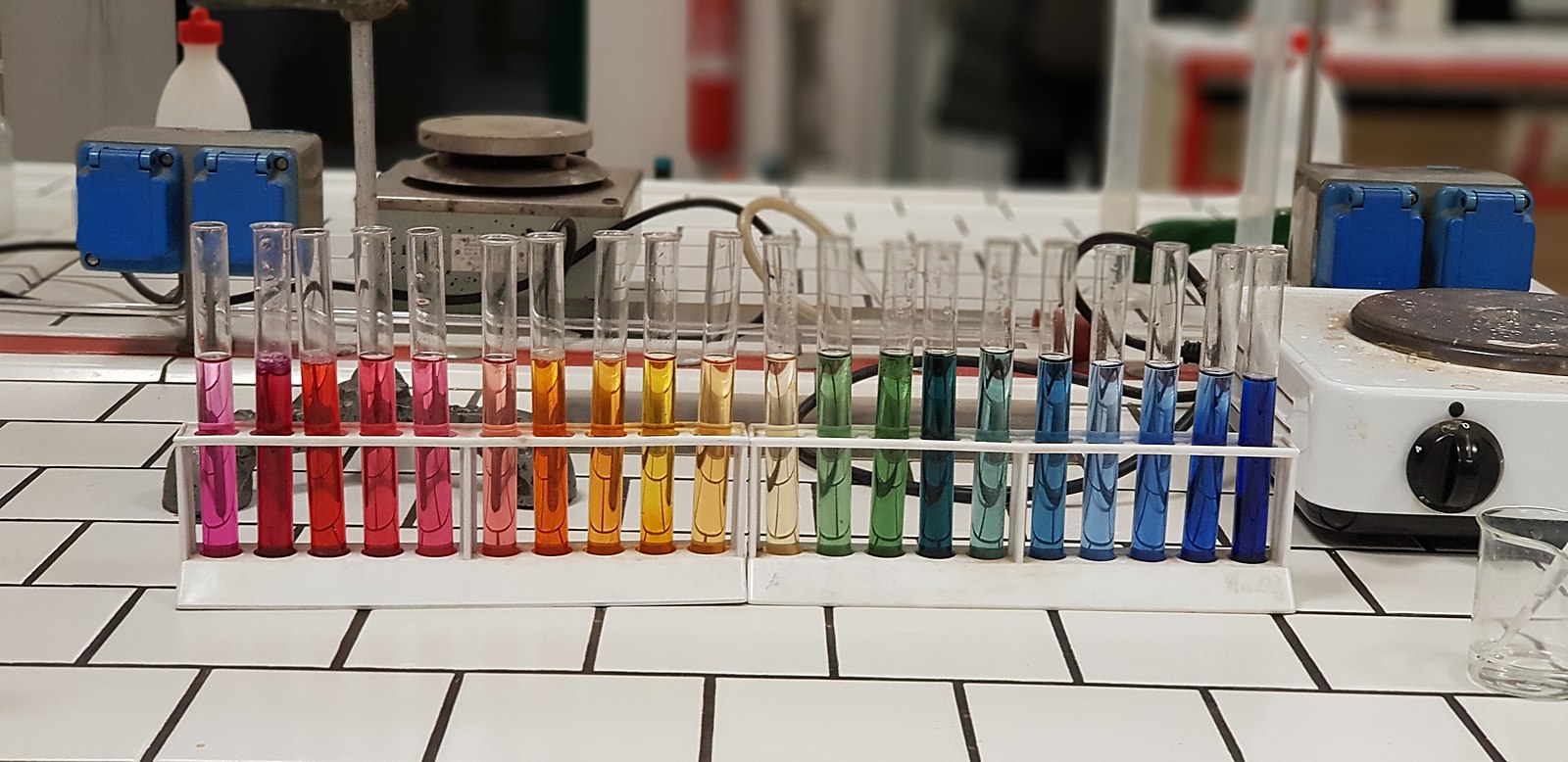The pH value of coffee is around 5, making it slightly acidic, while lemon juice has a pH value between 2 and 3, making it significantly more acidic. Understanding the pH levels of these common beverages is crucial for maintaining a balanced diet and addressing potential health concerns.
Measuring the Acidity of Coffee and Lemon
Coffee’s acidity is primarily due to the presence of various organic acids, such as chlorogenic acid and quinic acid, which are produced during the roasting process. The pH value of coffee can range from around 4.5 to 5.5, depending on factors like the coffee bean variety, roast level, and brewing method.
Lemon juice, on the other hand, is known for its high acidity. The pH value of lemon juice typically falls between 2 and 3, making it significantly more acidic than coffee. This acidity is attributed to the high concentration of citric acid, which is the primary organic acid found in lemons.
The Concentration of Hydrogen Ions
When it comes to the concentration of hydrogen ions, lemon juice has a higher concentration (6.31 x 10^-3 M) compared to black coffee (10^-5 M). This means that lemon juice has a higher concentration of H+ ions, which contributes to its more acidic nature.
The table below provides a comparison of the pH and hydrogen ion concentration for coffee and lemon juice:
| Beverage | pH Value | Hydrogen Ion Concentration (M) |
|---|---|---|
| Coffee | ~5 | 10^-5 |
| Lemon Juice | 2-3 | 6.31 x 10^-3 |
Health Implications of Coffee and Lemon Acidity
While both coffee and lemon juice are acidic, they can have different effects on the body. Coffee’s acidity can lead to issues such as caffeine addiction, heartburn, and increased risk of pregnancy loss. Lemon juice, on the other hand, can cause allergies in rare cases and contribute to dental erosion.
However, it’s important to note that both coffee and lemon juice also have potential health benefits. Coffee is high in antioxidants and has been linked to a reduced risk of several types of cancer, heart and liver disease, and depression. Lemon juice is a great source of vitamin C and flavonoids, which act as powerful antioxidants.
Balancing the Acidity
If you’re looking to balance the acidity of coffee or lemon juice, there are a few options:
-
Coffee: Choosing a lower-acid bean or a medium-to-dark roast can help reduce the acidity of coffee. Adding milk or cream can also neutralize some of the acidity.
-
Lemon Juice: Diluting lemon juice with water can help reduce its acidity.
It’s worth noting that while some people claim that lemon juice has alkalizing effects in the body, this is not entirely accurate. Lemon juice is acidic before it is digested, but once metabolized by the body, it produces alkaline byproducts. However, this has very little influence on the pH of your blood.
Conclusion
In summary, the pH of coffee and lemon juice are significantly different, with coffee being slightly acidic (pH ~5) and lemon juice being highly acidic (pH 2-3). The concentration of hydrogen ions is also much higher in lemon juice compared to coffee. While both beverages can have health implications due to their acidity, they also offer potential benefits. By understanding the pH levels and adjusting consumption accordingly, you can enjoy the benefits of coffee and lemon juice while mitigating any potential negative effects.

